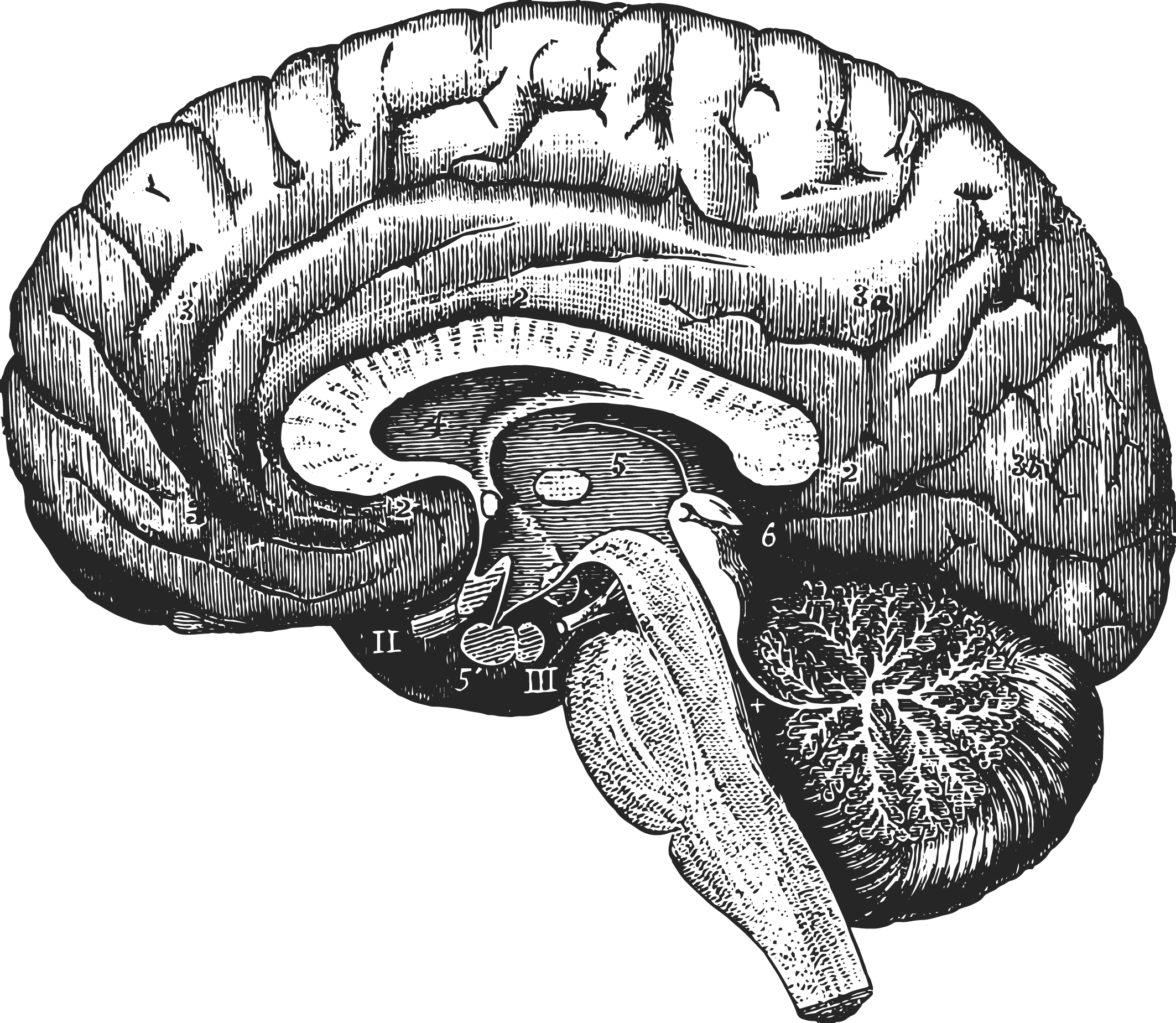Defining Consciousness
Have you ever found yourself lost in the thought of what consciousness is? That mysterious inner realm where thoughts form, emotions swirl, and perceptions come to life. It's a topic that has intrigued philosophers, scientists, and thinkers for centuries, and I myself became deeply curious about the topic. In a world saturated with external stimuli, the concept of consciousness becomes a profound exploration into the very nature of our existence. From the musings of ancient philosophers to the latest findings in neuroscience, the quest to understand consciousness transcends time and disciplines. Since I was young, I have asked the question of myself, who am I? At some point, I started to use external perspectives to help me understand, and more recently, I have added internal perspectives in ways that have helped me understand.
I think we have a duty to maintain the light of consciousness to make sure it continues into the future.
-Elon Musk
An ongoing pattern I’ve had since I was a young adult was to look to define words that intrigued me. Yet, it was never enough to simply look up a word to only know it’s definition. I have always wanted to know more, hoping to understand as many facets as possible of a word and expand into topics that may lead me in a direction where I could satisfy my curiosity. This deep curiosity about the topic of consciousness led me to defining consciousness, how the term consciousness was first used, in what context, as well as the many domains that have been developed as a result of ongoing and ever-expanding research on the topic of consciousness.
First Recorded Use of Consciousness
According to historical records, the term "consciousness" was first used in 1605 by Sir Edwin Sandys, a prominent political figure and colonial entrepreneur. Sir Edwin Sandys was a member of the English Parliament and played a significant role in the establishment of the Virginia Company, which aimed to colonize America. In one of his written works, Sandys used the word "consciousness" to refer to the state of being aware of one's surroundings and thoughts. This usage of the term is considered to be the first recorded instance of its use in the English language.
“Laying the ground of all his pollicie, in feare and ielousie issuing from a certaine consciousnesse of his owne worthlessness.”
This quote was described as a relation to the state of religion. While I have no further context as to exactly what was said before or after this quote, it still stands as the first known and recorded use of the word consciousness. It has only made my curiosity stronger to understand the origin use of consciousness and how other cultures have defined consciousness. These topics will be further explored in future posts, so more to come on those soon! Going back to the starting point of our current definition and use of the word consciousness can help identify what is meant by the use of the term.
Defining Consciousness
If you look up the most current definition of consciousness, you will find many results. Each definition can be looked at as similar or maybe even simple, with just one word having commonality across multiple definitions which is the term ‘aware’. Some definitions provided by Merriam-Webster of the word consciousness include:
- The quality or state of being aware, especially of something within oneself.
- The state or fact of being conscious of an external object, state, or fact.
- Awareness.
- The state of being characterized by sensation, emotion, volition, and thought.
- The totality of conscious states of an individual.
- The normal state of consciousness
- The upper level of mental life of which the person is aware as contrasted with unconscious processes.
Each definition can be considered correct depending on how it is being used. In order to better understand and apply a definition of consciousness, you would want to understand the context in which you are using it.
Domains of Consciousness
Understanding the domains of consciousness and how to explore them further is one of my favorite parts of research on the topic! The domains of consciousness that can be further examined include but are not limited to:
-
Machine Consciousness
Ethical Considerations
-
Information Processing
Attention and Awareness
-
Brain Activity
Conscious vs Unconscious Processing
-
Metaphysical perspective
Epistemological perspective
-
Subjective experience
States of Consciousness
-
Mindfulness and Awareness
Conscious Decision Making
-
Inner Self
These are all topics within consciousness that I will be further exploring to better understand and share knowledge of because I feel that they are of great interest to you, just as a guess since you are here, and many others! The study of consciousness can be both scientific and spiritual, which is another reason why this topic is useful for understanding and relatable for a greater population. Making this information available allows you and I to have discussions and collaborate with others, to be curious, and to explore the future of consciousness for humanity!
What are your thoughts on defining consciousness? How do you define consciousness? Do you have any topics related to consciousness that you would love to explore?
Share your thoughts, insights, or any topics you would like to learn more about in the comments below and join the conversation! Expand your cosmic perspectives and subscribe below to receive updates on our upcoming blogs, episodes, and future coaching program updates!
